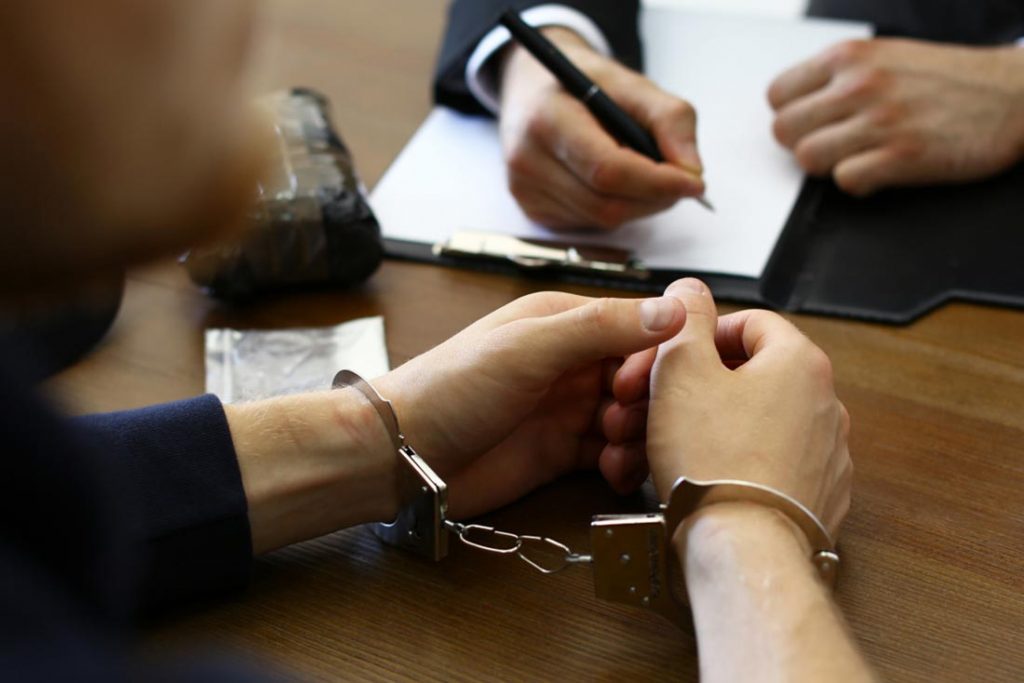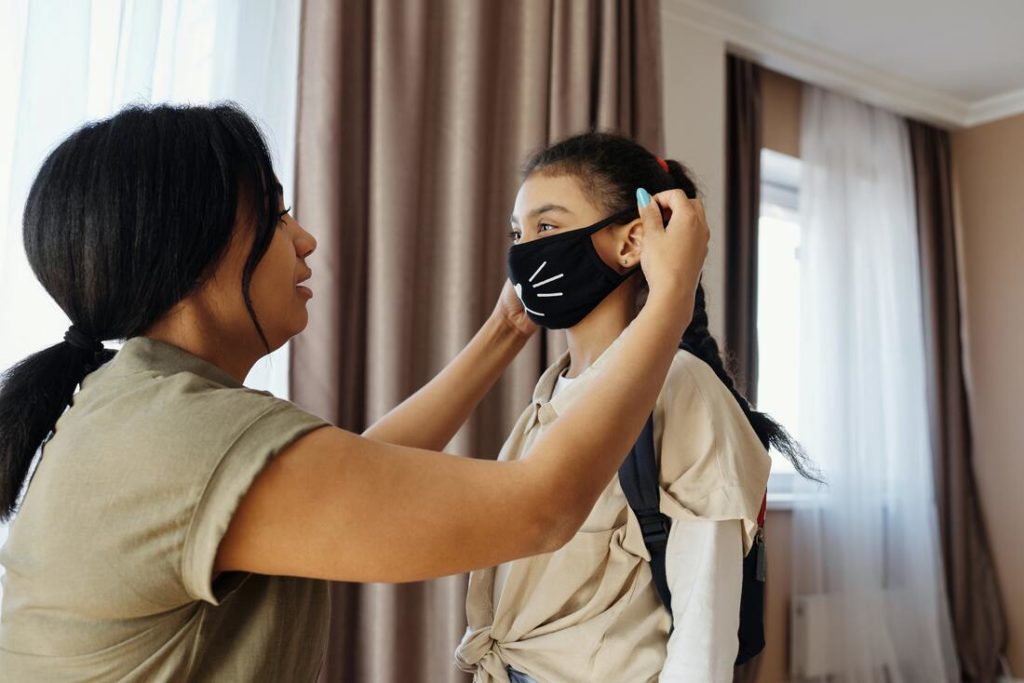What does a criminal defense attorney do?
A criminal defense attorney performs many actions on behalf of their client, many being behind the scenes. So, what exactly does that entail? Analysis of Evidence Upon receiving Discovery documents or evidence against you, the attorney will have to take steps to properly analyze it. This is done by: Thoroughly and meticulously studying the facts and theories presented in the case, Independently testing evidence, sometimes with a third party, Examining evidence to see if there are any legal theories which work in conjunction to stop the conviction or amend the charges brought against the defendant. Investigation The first thing an attorney looks to do in an investigation is acquit their defendant. This process is completed by: Questioning the police about the methods and practices they used, Interviewing eyewitnesses and discussing […]











